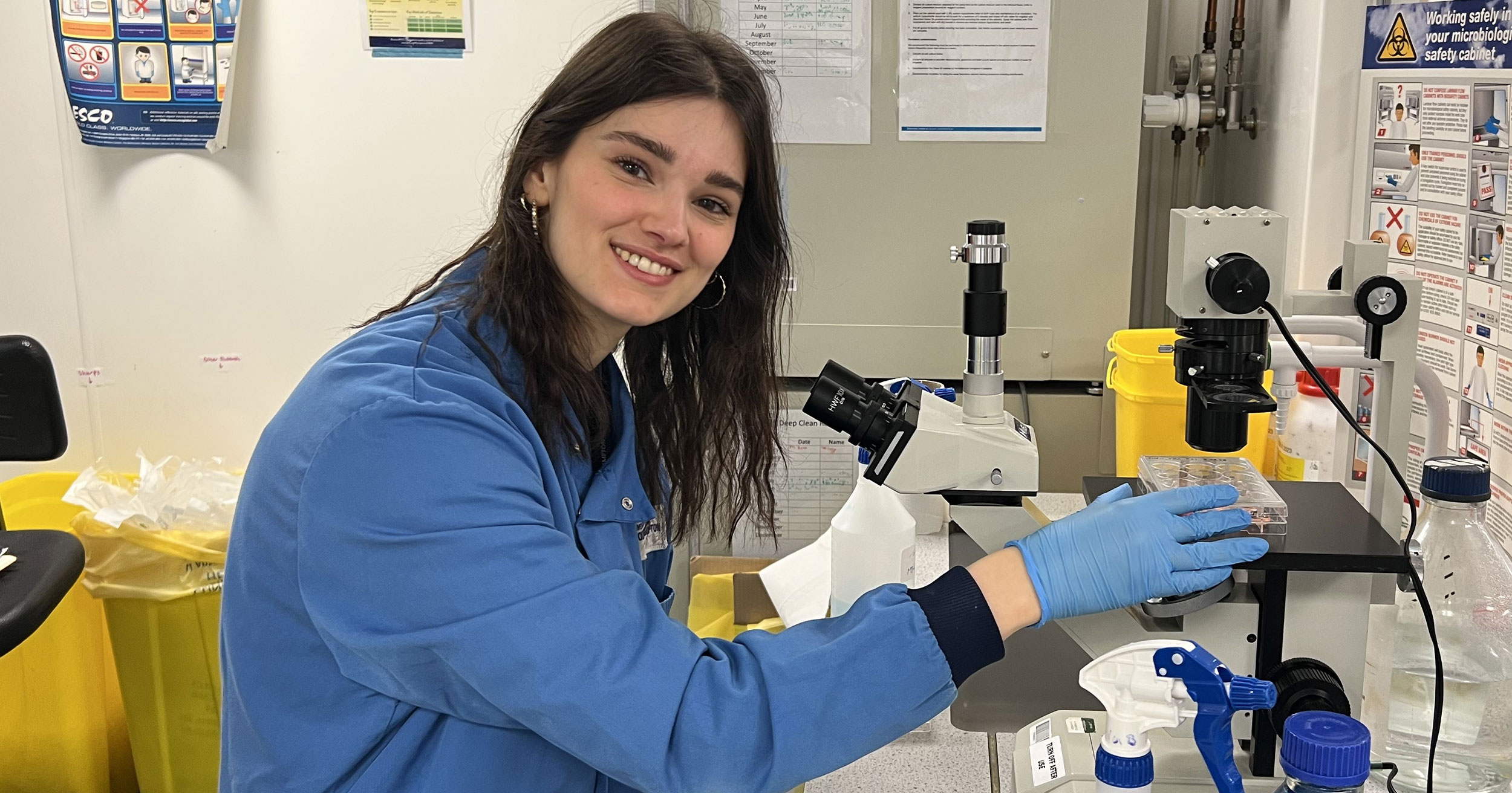
Researchers support efforts to reduce pandemic food shortages
A team of experts at the University of Wolverhampton have been working with the United Nations Food and Agriculture Organization (FAO) to evidence the reduced risk of food shortages due to Covid-19.
The FAO is a specialized agency of the United Nations that leads international efforts to defeat hunger.
The research programme focussed on finding evidence that the FAO had influenced government policy to avoid Covid-19-related food shortages.
Early in the pandemic, the FAO alerted governments with a warning that pandemic lockdowns might lead to food shortages due to people in the food industry being unable to work.
The FAO approached the research team at the due to their expertise and unique skill set for evaluating free software and methods for systematically gathering and analysing web and social web data. The team analysed the findings on government policies to evidence the effect of FAO’s communication on policy changes across the world aimed at reducing the risk of hunger and food shortages due to Covid-19.
The research team has also developed new computer programs to scan the internet for evidence and produced datasets showing the relevant government policies that had been influenced by all FAO's actions. The results were able to identify which initiatives were most and least successful, making way for improvements in future pandemics and similar situations.
Mike Thelwall, Professor of Data Science at the University of Wolverhampton said: "I feel very proud to have contributed in a small way to reducing the number of people that went hungry during the pandemic. Worldwide hunger was a childhood concern of mine as a ‘Save the Children’ fund member, and it is fantastic to have harnessed my mathematical and computing skills for this end."
The research team working alongside Professor Mike Thelwall at the University of Wolverhampton includes; Dr Kayvan Kousha, Dr Emma Stuart, Dr Meiko Makita, Mahshid Abdoli, and Dr Amalia Mas-Bleda.
For more information please contact the Corporate Communications Team.


/prod01/wlvacuk/media/departments/digital-content-and-communications/images-2024/Diane-Spencer-(Teaser-image).jpg)
/prod01/wlvacuk/media/departments/digital-content-and-communications/images-18-19/220325-Engineers_teach_thumbail.jpg)
/prod01/wlvacuk/media/departments/digital-content-and-communications/images-2024/240509-Menopause-Research-Resized.jpg)
/prod01/wlvacuk/media/departments/digital-content-and-communications/images/Maria-Serria-(teaser-image).jpg)
/prod01/wlvacuk/media/departments/digital-content-and-communications/images-2024/241014-Cyber4ME-Project-Resized.jpg)
/prod01/wlvacuk/media/departments/digital-content-and-communications/images-2024/240315-Research-Resized.jpg)
/prod01/wlvacuk/media/departments/digital-content-and-communications/images-2024/BDA-group-photo.jpg)
-.jpg)
